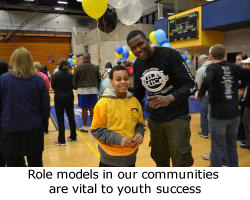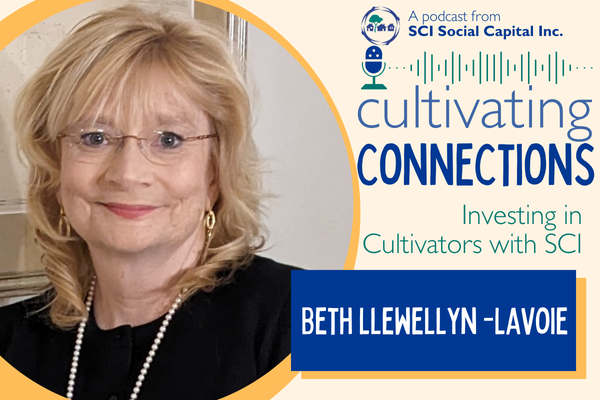Local Social Capitalists Help Milwaukee Youth Succeed

During my drive to the office this morning, I learned about an interesting Milwaukee neighborhood initiative that is taking a “social capitalist” approach to helping young black males. OK, the NPR story didn’t use the term, but I think it definitely applies! When one youth got arrested for some vandalism in the neighborhood, a man named Andre Ellis took initiative to turn the situation around. He said he’d pay the eleven year old $20 to spend a Saturday morning cleaning up the neighborhood around the area he had gotten into trouble. When the boy responded by coming for the clean-up with five friends, a new mentoring initiative called “We Got This” was underway.
Now there are some 50 black male youth coming out each week to do neighborhood improvement projects like community gardening and clean-ups. They each get $20 for their work, funded by contributions from the neighbors. Perhaps more importantly, Andre has recruited other seasoned black males in neighborhood to join him and serve as mentors for the youth. As I understand it, the project isn’t getting any grants or other outside funding, relying instead on the contributions of dollars and wisdom from the neighborhood.
While the group isn’t getting outside grant funding, it is part of a bigger movement to connect young black males with mentors, through the BMe community and the Campaign for Black Male Achievement. This is an important movement seeking to “address the exclusion of large numbers of black men and boys from economic, social, educational, and political life in the United States“. Certainly the We Got This Milwaukee program highlighted on NPR seems like a great way to provide positive role models for youth of color…in addition to serving as a great example of how neighbors can leverage their local social capital to improve the outcomes for their community. Give the story a listen for yourself on NPR, or you can read more about it on the local NPR affiliate site.
We’d love to hear about examples you’ve seen of local communities coming together to support youth success and other positive outcomes!

0 Comments